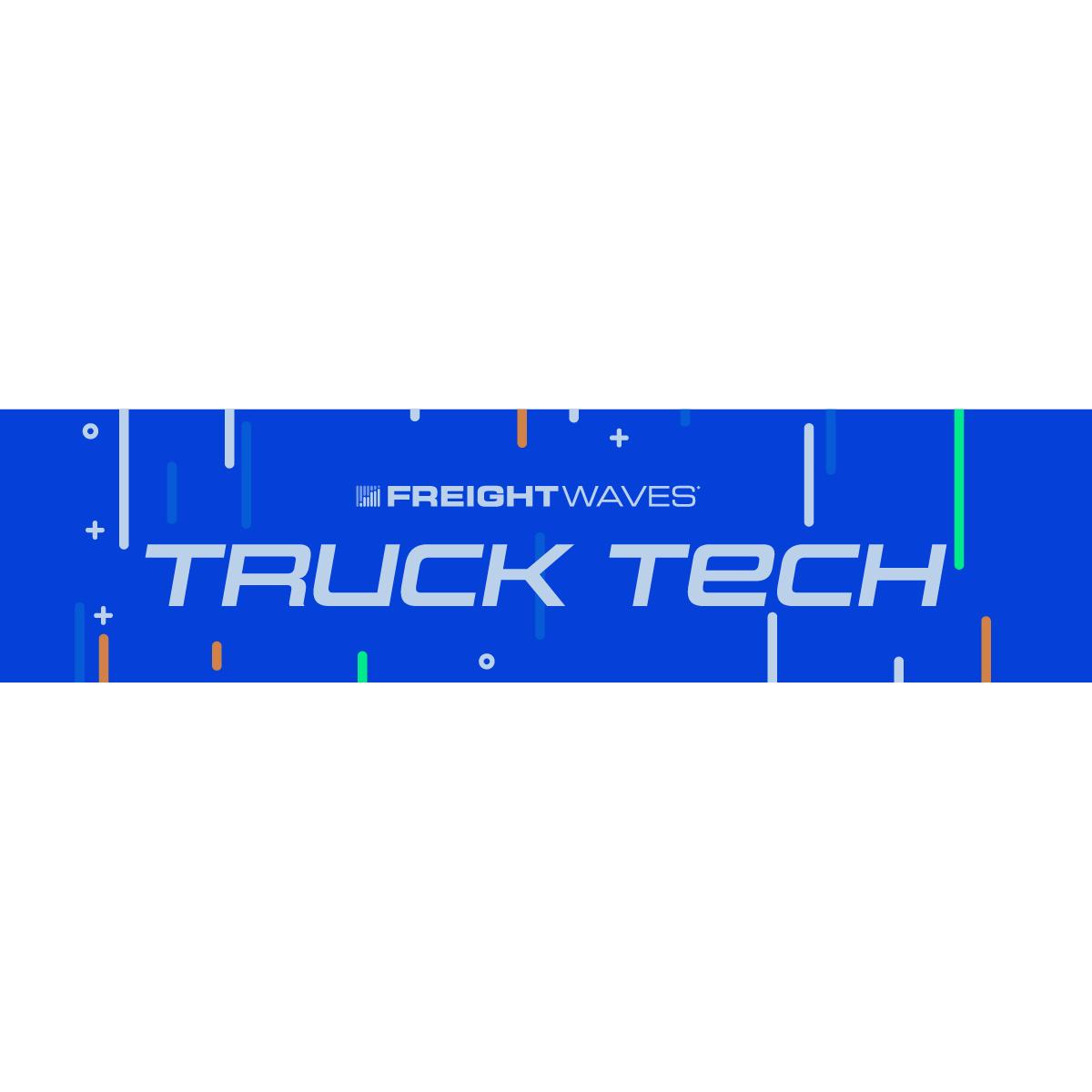TALKE partners with Symbio to deploy hydrogen-electric drayage trucks
|
|
|
PlusAI forms policy advisory council ahead of commercialization push
|
Plus, an autonomous truck technology maker, recently announced the formation of a Safety and Policy Advisory Council. The council is a combination of former regulators and industry leaders as Plus looks to scale the deployment of its factory-built autonomous trucks, with a focus on accelerating commercial launch timelines.
“The safe and successful commercialization of autonomous trucks requires more than breakthrough technology—it demands close partnerships with trucking industry leaders, federal and state regulators and policymakers,” said Shawn Kerrigan, chief operating officer and co-founder of Plus, in a press release.
The advisory council includes Sue Lawless, a former acting deputy administrator of the Federal Motor Carrier Safety Administration (FMCSA). The press release noted that Lawless led initiatives to establish a federal framework for commercial autonomous vehicle technology. Her 25 years of experience guiding safety policy in the commercial vehicle sector brings additional regulatory insight to Plus’ efforts.
Another member of the council is Spencer R. Moore, former commissioner of the Georgia Department of Driver Services and chairman of the American Association of Motor Vehicle Administrators (AAMVA). During his nearly 30-year state government career, the release notes, Moore became a nationally recognized expert in driver standards and safety who shaped policy on transportation safety and preparing states for new technologies.
For large fleet representation, Andrew Boyle—former co-president of Boyle Transportation and former chairman of the American Trucking Associations (ATA)—is an inaugural member. Boyle also served as chairman of the board of directors of the ATA from 2023 to 2024. The release notes he currently serves as a board member for Birdseye Security Solutions and the American Transportation Research Institute, and is on the advisory council for Eastern Bank and Northwestern University’s Transportation Center.
|
TALKE partners with Symbio to deploy hydrogen-electric drayage trucks
|
TALKE USA, a chemical logistics provider, has partnered with hydrogen fuel cell maker Symbio North America to deploy two hydrogen-powered Freightliner Cascadia tractors in its drayage fleet in Mont Belvieu, Texas. Mont Belvieu is located 32 miles east of Houston. The Class 8 Cascadias will be retrofitted with proprietary fuel cell systems and hydrogen-electric powertrains designed specifically for chemical logistics.
The partnership is part of TALKE’s ongoing environmental, social and governance commitment to reducing its carbon footprint for its chemical logistics drayage fleet.
“This investment reflects our long-term vision for sustainable logistics,” said Alexander Boehm, chief operating officer of TALKE USA Inc., in a press release. “By integrating Symbio’s advanced hydrogen-electric systems into our fleet, we’re reducing emissions while actively contributing to the development of a hydrogen ecosystem for heavy transport — laying the groundwork for a scalable, commercially viable and sustainable future in logistics.”
The hydrogen-powered trucks are expected to be fully operational by 2026, supporting TALKE’s carbon reduction targets while maintaining the high standards needed for service reliability and safety in the chemical industry.
|
Daimler Truck and Toyota’s give updates on their joint venture called ARCHION
|
A joint venture between Daimler Truck and Toyota now has a name for its holding company. The joint venture, called ARCHION, is a combination of Mitsubishi Fuso Truck and Bus Corp. and Hino Motors Ltd., and is scheduled to begin operations on April 1, 2026.
The venture is based on the final agreement between Daimler Truck AG and Toyota Motor Corp. signed on June 10, 2025, and aims to deliver enhanced commercial mobility solutions through combined resources and expertise.
The name ARCHION symbolizes connections between companies and stakeholders while representing future transportation innovations. Headquartered in Tokyo’s Shinagawa Ward, the company will focus on strengthening competitiveness through integration while promoting environmentally friendly vehicles.
The integration strategy centers on an “Integrated Platform Strategy” that will leverage both companies’ strengths to enhance product portfolios while maintaining brand distinctions. By 2028, the companies plan to consolidate their five domestic truck manufacturing sites to three locations: Kawasaki Plant, Koga Plant and Nitta Plant.
ARCHION will allocate resources to the CASE domain (Connected/Autonomous & Automated/Shared/Electric) to accelerate innovation, particularly in hydrogen fuel cell technology and autonomous driving systems.
The designated leadership team includes Satoshi Ogiso as executive director and chief technology officer, with Daimler Truck and Toyota each aiming to hold 25 percent stakes in the company, which is targeting a listing on the Tokyo Stock Exchange Prime Market.
|
|
|
Clean Trucking reports that a newly published white paper by Dragonfly Energy analyzed how its lithium-powered idle reduction solutions match up to diesel- and AGM-based systems. The findings were part of a collaboration with PACCAR and revealed at The Battery Show North America 2025 in Detroit, Michigan.
ACT News reports that the autonomous freight race heats up as Kodiak AI, PlusAI and Gatik chase scalability via distinct paths: long-haul hub-to-hub, regional distribution and fully driverless Class 8 operations. ACT notes there are also sustainability benefits, writing, “While all three companies acknowledge that most autonomous trucks today still run on diesel, each views autonomy as a bridge to broader sustainability goals.”
Adam Raviv, former chief counsel at the National Highway Traffic Safety Administration (NHTSA) and co-lead for the Automotive and Mobility practice at global law firm Sidley Austin, recently wrote an article in ADAS & Autonomous Vehicle International discussing the latest regulatory updates in the autonomous vehicle space. Raviv notes that recent policy changes announced so far are likely to be incremental rather than revolutionary.
|
As always, thanks for watching and reading.
Thomas Wasson
twasson@firecrown.com
|
|
|
|
![]()

![]()